The Lion's Den
Which Social Media Platform Is Best For Influencer Marketing?
Influencer Marketing



The global consumption for social media has significantly surged in the last decade and has continued to shape the way we promote brands and ideas. As of 2023, there were 4.9 billion active social media users worldwide. More and more brands are using influencer marketing to promote services and products.
Because traditional mass media advertisements now have digital counterparts, brands no longer have to solely depend on big celebrities to amplify their messages and boost sales. Today, influencer marketing is one of the best ways to reach your target audience.
The Strength of Influencer Marketing
Influencer marketing is the collaboration between brands and online content creators for promotional purposes using social media channels. There’s a lot of clout happening on Instagram, Facebook, YouTube, Twitter, and Tiktok, with influencers driving traffic to their sites.
Influencers establish a relationship with their followers and can influence product choices based on this connection that’s built on trust and shared interests. Because of its strong impression, response and sustained online presence, influencer marketing has become a major part of digital marketing.
What Are The Pros and Cons of Each Social Media Platform For Influencer Marketing?
Choosing the right social media platform for your campaign is crucial. The right choice will depend on your budget, your audience, your industry, and what kind of content you want to create. Let’s take a look at the pros and cons of the most popular social media platforms.
Instagram:
- Pros:
- Visual appeal: Ideal for visually engaging content, including photos and short videos.
- Large user base: High potential reach with over a billion monthly active users.
- Diverse content options: Features like Stories, Reels, IGTV allow influencers to diversify content.
- Cons:
- Algorithm changes: Frequent updates to the algorithm can impact organic reach.
- Saturation: High competition can make it challenging for new influencers to stand out.
YouTube
- Pros:
- Long-form content: Ideal for in-depth reviews, tutorials, and storytelling.
- Searchability: Content has a longer lifespan and can be discovered through search.
- Ad revenue: Monetization opportunities through Google AdSense for eligible creators.
- Cons:
- Production time: Creating high-quality videos can be time-consuming.
- Competition: The platform is saturated, making it challenging for new creators.
TikTok
- Pros:
- Virality: Content can quickly go viral, leading to rapid audience growth.
- Short-form videos: Appeals to shorter attention spans, fostering engagement.
- Algorithm-driven: Content discovery is driven by an algorithm that promotes new creators.
- Cons:
- Limited content duration: Short videos may limit the depth of content.
- Younger audience: Primarily popular among younger demographics.
Twitter/X
- Pros:
- Real-time engagement: Ideal for timely promotions and discussions.
- Shareability: Content can easily be retweeted, reaching a broader audience.
- Cons:
- Character limit: The character limit may restrict the depth of content.
- Short lifespan: Tweets have a shorter lifespan compared to other platforms.
- Information overload. With less monitoring than ever, the platform can easily become an information overload, causing your messages to be ignored.
- Pros:
- Professional network: Ideal for B2B influencer marketing and industry experts.
- Thought leadership: Enables influencers to position themselves as industry leaders.
- Cons:
- Smaller user base: Limited reach compared to more mainstream platforms.
- Formal tone: Content needs to align with a more professional tone.
- Pros:
- Diverse content: Supports various content formats, including images, videos, and articles.
- Robust ad targeting: Facebook Ads offer precise targeting options for influencer campaigns.
- Cons:
- Organic reach decline: Changes in the algorithm have reduced organic reach.
- Aging user base: Younger audiences are less active on Facebook.
- Pros:
- Virality: Content can quickly go viral, leading to rapid audience growth.
- Short-form videos: Appeals to shorter attention spans, fostering engagement.
- Algorithm-driven: Content discovery is driven by an algorithm that promotes new creators.
- Cons:
- Limited content duration: Short videos may limit the depth of content.
- Younger audience: Primarily popular among younger demographics.
It’s crucial for brands to carefully choose the platforms based on their target audience and campaign objectives. Many successful influencer marketing strategies involve a multi-platform approach to maximize reach and engagement. Additionally, staying updated on platform trends and algorithm changes is essential for adapting to the evolving social media landscape.
What Is the Most Profitable Social Media Platform for Influencers and Advertisers?
In the US, YouTube tops the social platforms at 28.7% when it comes to the number of consumers following influencers online. It is closely followed by Instagram at 28.4%, and then TikTok (20.5%), Facebook (14.6%), and Twitter (4.6%). (Source: Statista)
YouTube topping the list may be attributed to the rise of video content consumers, especially the significant surge since the pandemic. Viewership now encompasses not just entertainment but also education, work, and communication. And whether it’s a short endorsement clip or a 30-minute full feature content spot, videos have proved effective for advertising to audiences across various demographics.
Facebook still has the most users, with 2.9 billion active users. This is followed closely by YouTube and WhatsApp. Because of this, complementing your influencer marketing efforts with a strong Facebook presence can be a good strategy.
Which Social Media Platform Do Influencers Use Most?
If your brand is looking to get started with influencer marketing, you’re likely wondering where the best places are to look for influencers. Typically, the social media platform that most influencers prefer is Instagram. Research has shown that over 500,000 influencers report that Instagram is their preferred social media channel.
However, all top social media platforms, such as TikTok, Facebook, Twitter, and YouTube, have many active influencers and audience members you can reach with promotions. No matter which social media channel you want to use for promotions, you can get excellent results on any of them.
Which Platform Is Best for Influencer Marketing?
Instagram is a great social media platform for influencer marketing because it provides a wealth of different types of content you can post, such as:
- Reels
- Stories
- Pictures
- Carousel posts
- Videos
Each of these types of content can give your brand’s promotion a unique feel and can be tailored to your specific needs.
However, as mentioned before, all social media platforms can be effective for influencer marketing. For instance, YouTube would be the best option if your brand wants to promote with long-form videos. On the other hand, if your brand wants to promote through image and video-based content, Instagram would be a great option.
Each social media platform provides unique qualities that could make them preferred by different brands and influencers. Choosing influencers and platforms that align with the content you want to create will be the best option for influencer marketing campaigns. To help choose the right influencers, an influencer marketing platform like Lionize can help.
How To Measure Influencer Engagement?
A high engagement rate means that a good percentage of the influencer’s audience are interacting with the content. To measure this, you divide the total number of engagements by the total number of followers.
The average influencer engagement rate is 1 to 3.5%. Beyond 3.5 to 6% is considered high, and above 6% is very high.
Depending on the tier of the influencer, the average engagement rates may vary. Mega influencers on Instagram (over 1M followers) may have a lower average engagement rate of 1.4% for sponsored posts- but that’s still 14,000 engagements compared to a nano influencer (less than 10k followers) at 4%, which only translates to 400 engagements.
It is not just about the number, though. Influencer marketing also involves the connection between the influencer and the audience. Smaller influencers can have stronger connections with their audiences, which gives them more influence over purchasing decisions.
For example, let’s say you sell supplies for alcohol ink painting. An expert in alcohol ink painting with artist-followers would likely be a better choice for your brand than a mega influencer who doesn’t have an audience that is interested in art.
What Are The Tiers of Influencers?
Here are the different tiers of influencers that you can utilize depending on your campaign’s needs, product niche, and target audience.
● Nano: 0K – 10K
● Micro: 10K-100K
● Mid: 100K – 500K
● Macro: 500K – 1M
● Mega: 1M+
Influencers also serve as brand ambassadors, so they have to be carefully picked based on how they reflect your brand values. In the end it goes back to credibility that leads the audience to trust your brand long after they hear about it from the influencer.
What Platform Is Most Used For Influencer Marketing By Industry?
The most popular social networks for marketers and best influencer platforms for creators who want to have more collaborations are YouTube, Instagram, and Tiktok.
Instagram is most used by brands overall because it is versatile and can be easily used for many types of campaigns.
You can choose the best social media platform to amplify your particular brand’s presence based on the top influencers in your industry. Here are a couple of examples:
● Automotive: YouTube, Instagram
● Beauty: YouTube, Instagram
● Business/Corporate: Twitter, Instagram, Facebook
● Fashion: Instagram, YouTube, Facebook
Are You Ready to Implement Influencer Marketing?
There are a number of things that make influencer marketing a favorite tool of brands and marketing agencies. It’s targeted, measurable, ROI efficient, relatable, and convincing. If you’re interested in using influencer marketing software to easily find and manage influencers, Lionize can help. Our software searches through thousands of influencers to find the perfect fits for your brand, niche, and target audience. Book a Discovery Call to see how we can help you nail your next influencer marketing campaign.
Related Articles
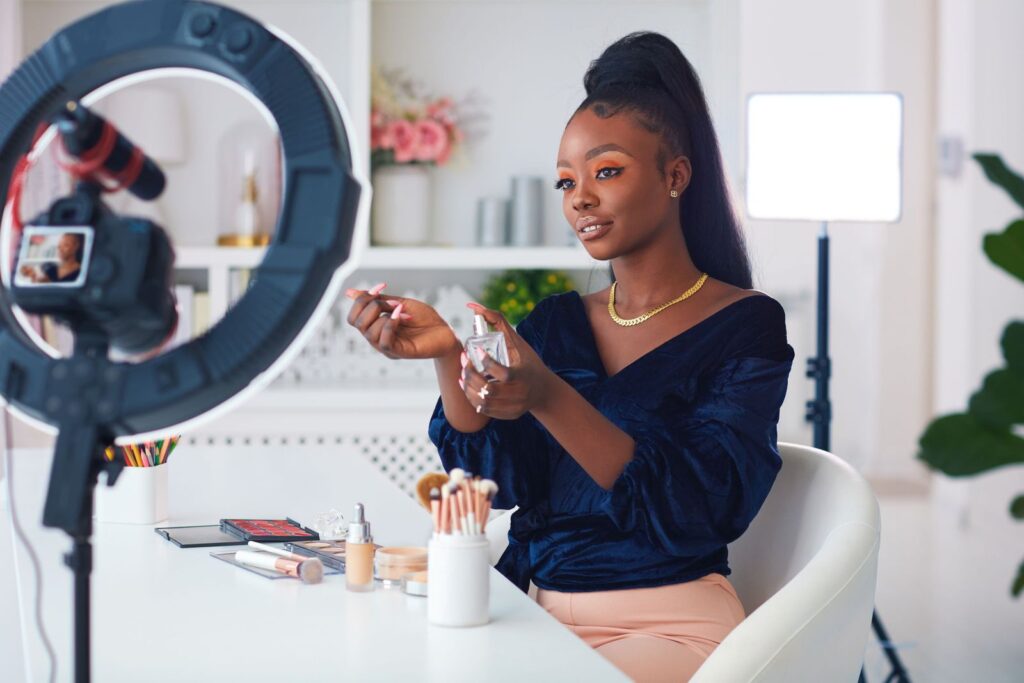


How Do I Get Influencers To Promote My Brand?
Influencer marketing is a powerful method that more and more brands are using as a pillar of their marketing strategy. This promotional strategy involves forming a partnership



How Do You Ask Influencers To Collaborate?
In this blog, we’ll walk through the most common methods for influencer outreach as well as provide some templates for crafting great messaging that will get influencers
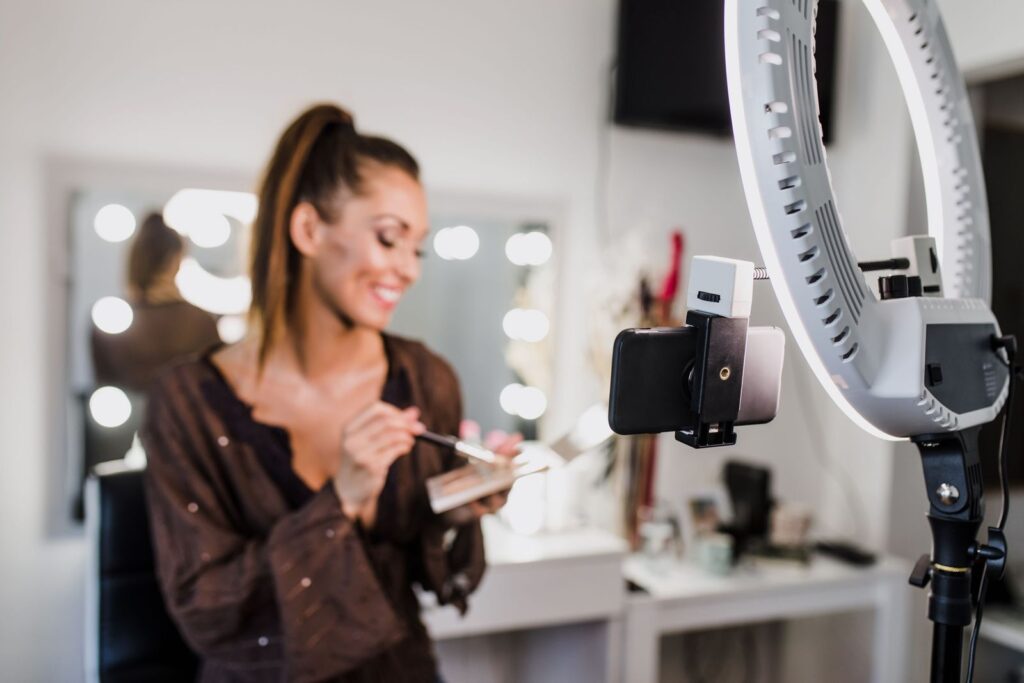


Why Are Social Media Influencers So Effective?
Influencers, or social media stars that have monetized their online presence through paid brand collaborations, have mastered the art of audience engagement. Most influencers create content around



Is Influencer Marketing the Same as Social Media Marketing?
Influencer marketing has been rising in popularity in recent years. If you’re interested in getting started with influencer marketing, you may wonder if it is the same
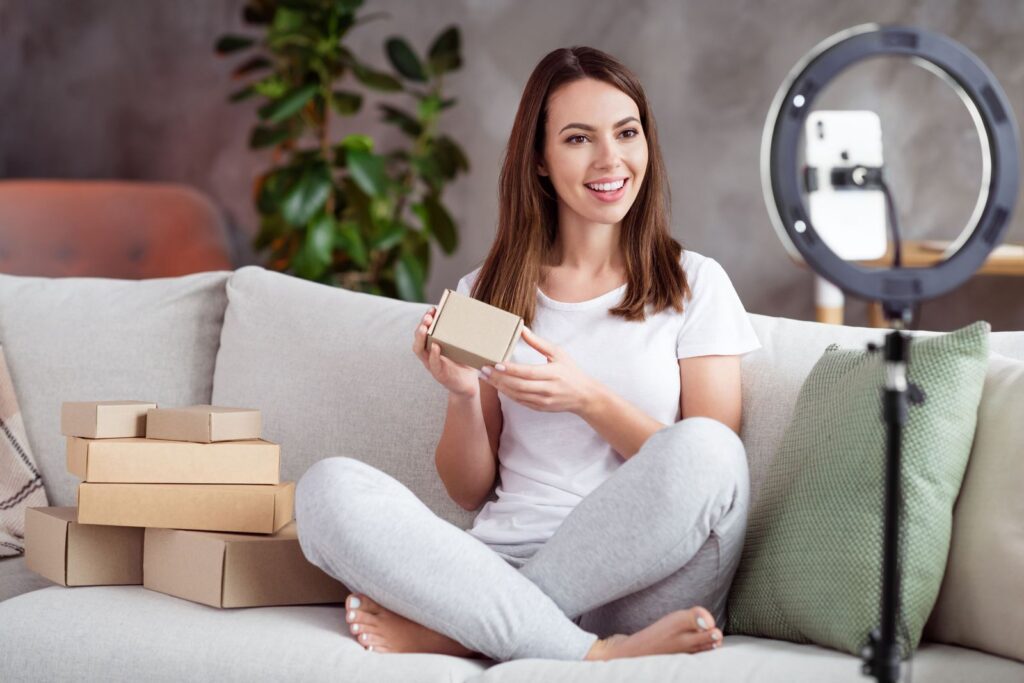


What Makes a Great Influencer?
Influencer marketing is an excellent way for brands to promote their products or services. However, it can get confusing when it comes to finding great influencers for



What Are the Three Main Goals of Influencer Marketing?
Having the right goals in place is important to make your influencer marketing efforts a success. However, you may be wondering what the main goals of influencer
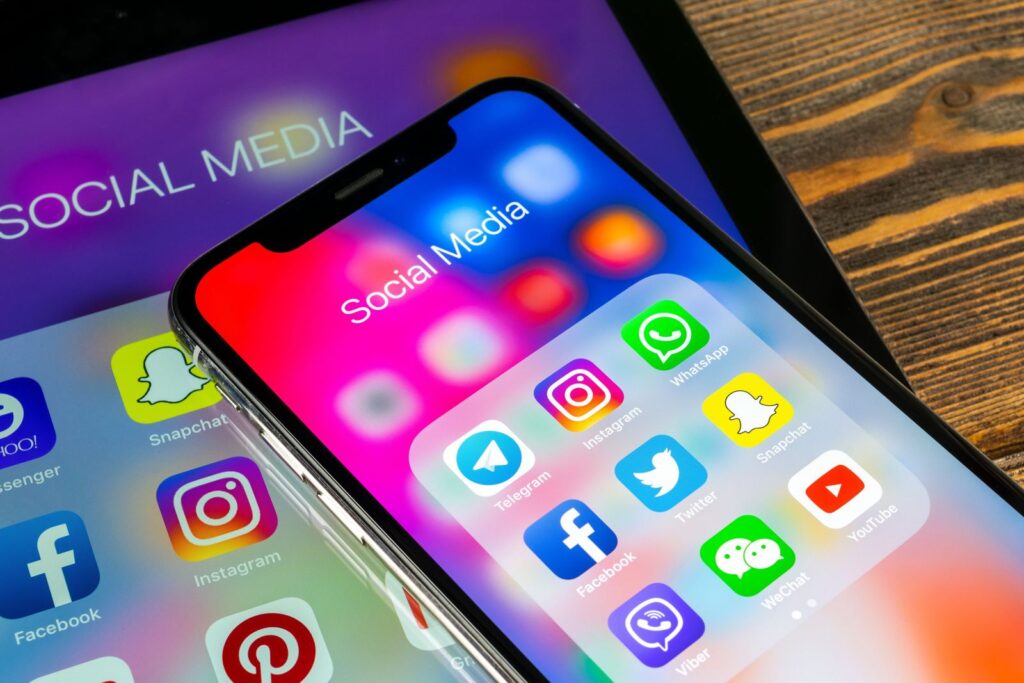


What Platform Is The Most Used For Influencer Marketing?
Social media has forever changed how we use the internet, consume media, and think about buying products. Content creators, also known as “influencers,” have emerged on all
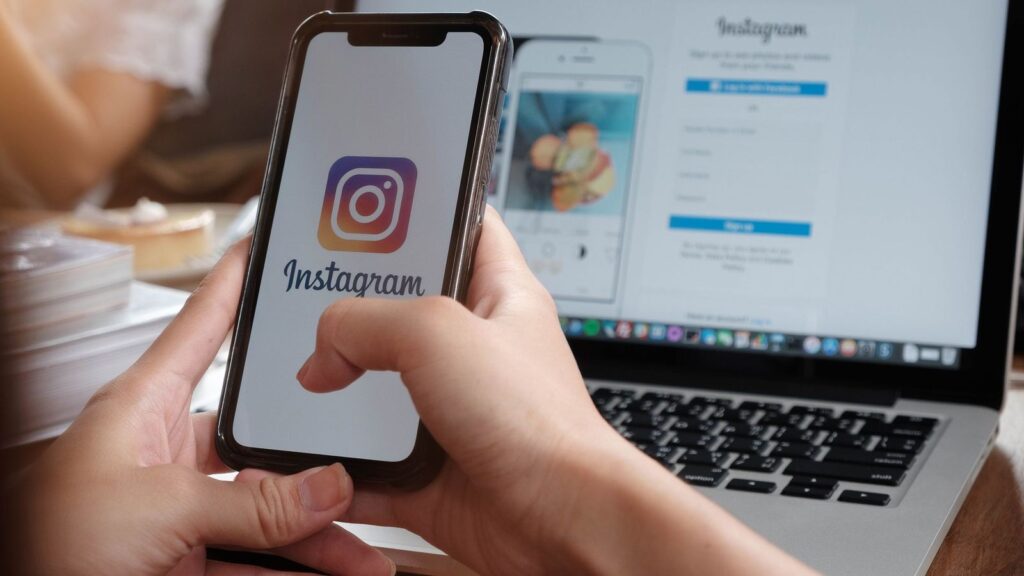


Why Is Instagram The Best Platform For Influencer Marketing?
What makes Instagram different from other social media and why is it the most effective for influencer marketing? Read on to learn about the app’s journey to



How Do You Drive Sales Through Influencer Marketing?
In this blog, we’ll discuss how to drive sales through influencer marketing, how usage rates affect the way you work with creators, and, ultimately, how influencer marketing



How Do Influencers Attract Customers?
Influencer marketing is one of the newer forms of marketing, which leaves people with lots of questions about how it works. One of those questions speaks to
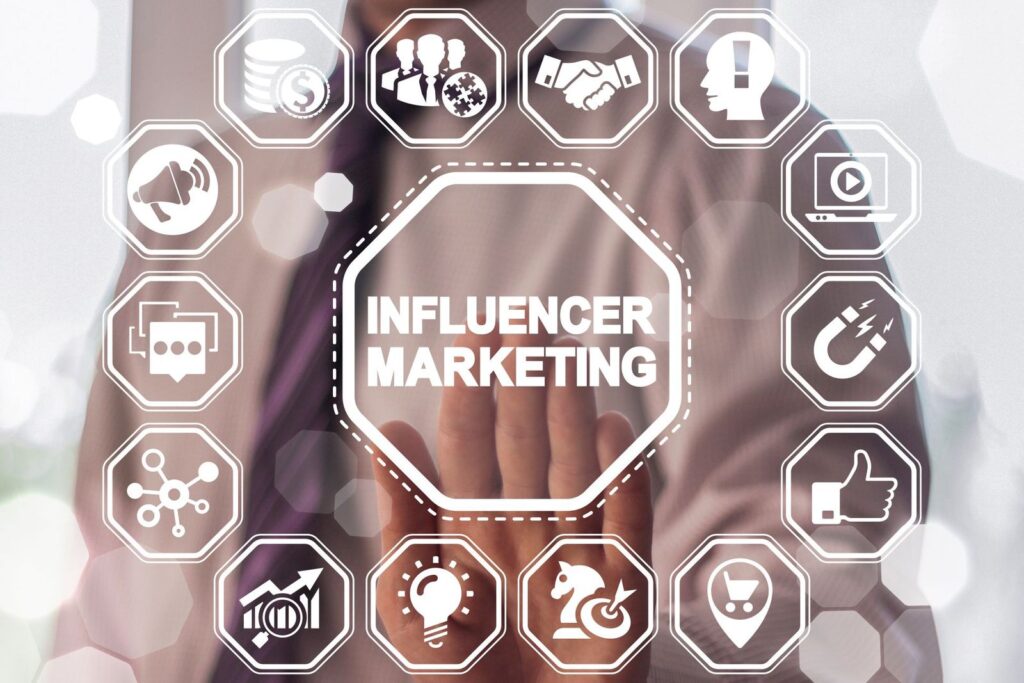


How Do You Develop an Influencer Strategy?
Step one in pursuing influencer marketing to promote your brand is developing a solid influencer strategy. Your strategy lays the groundwork for your entire campaign and can
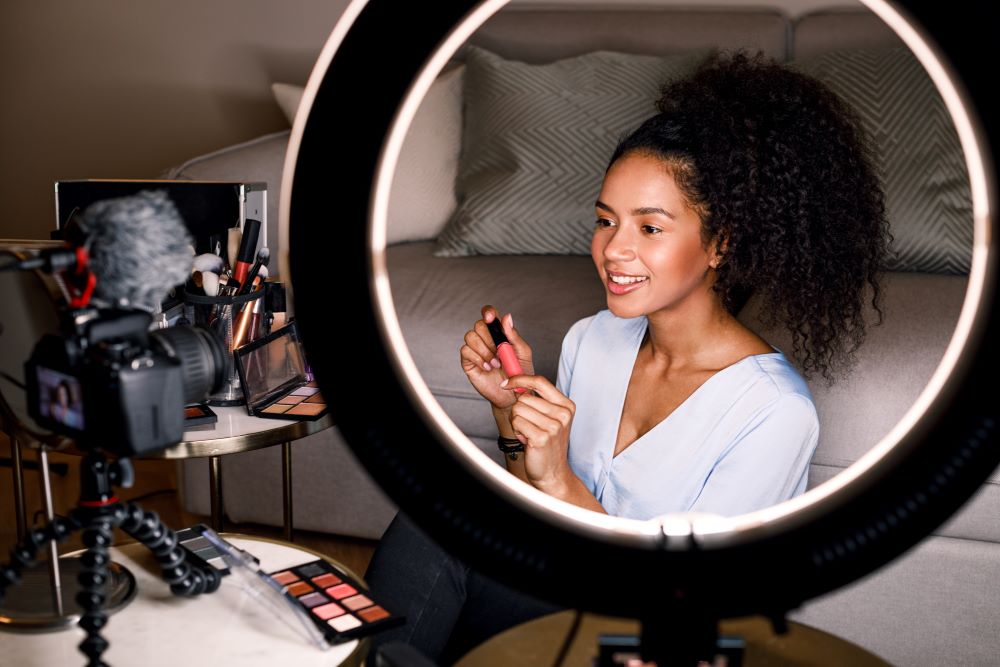


Is Lionize the Best New Influencer Marketing Hub of 2022?
This article will cover the importance of influencer marketing, why you should use an influencer marketing hub, and what makes Lionize stand out from other options. Keep
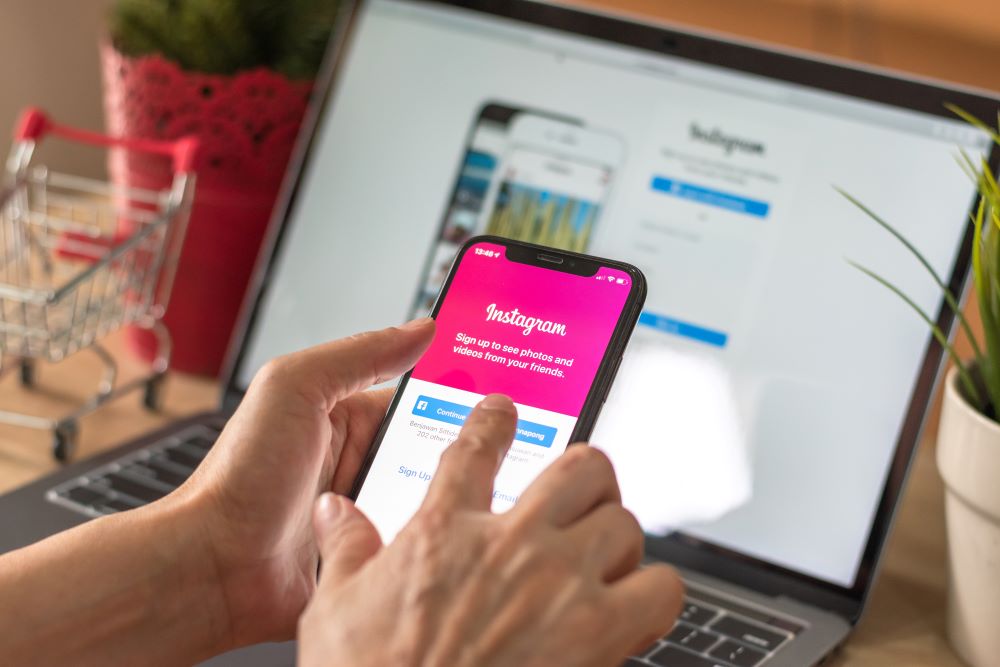


What Is the Best Influencer Marketing Hub for Instagram?
This article will go over what you need to know about influencer hubs for Instagram, tools for Instagram influencer marketing, and what the best option is for
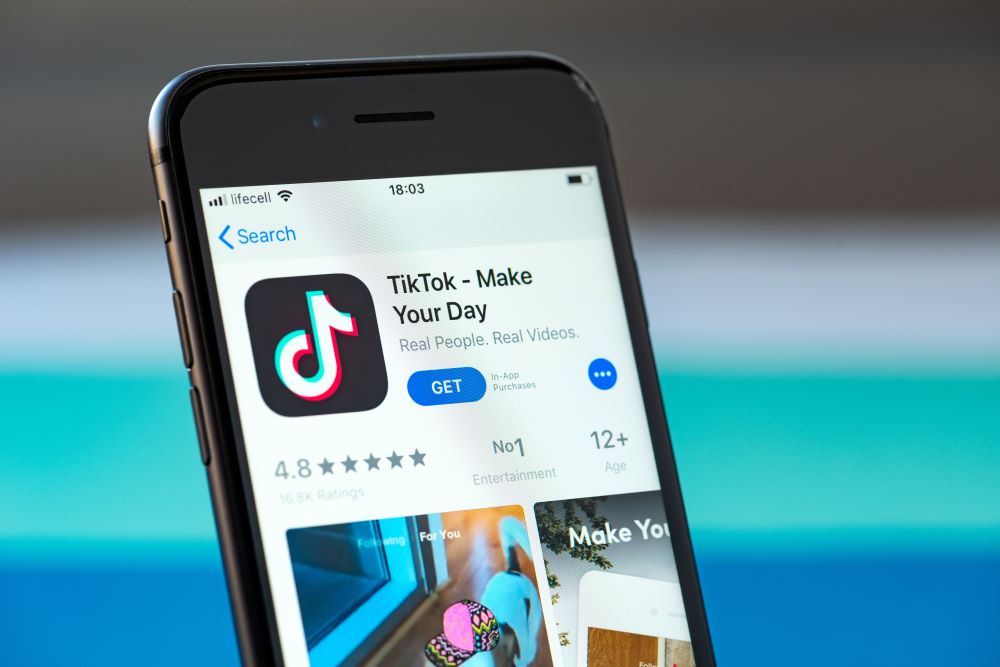


What Is the Best Influencer Marketing Hub for TikTok?
If you’re looking for a TikTok influencer marketing hub to find influencers and manage TikTok influencer campaigns, this article will outline what you need to know.



Influencer Marketing News
If you’re looking for resources to keep up with the latest influencer marketing news, trends, and strategies, this article will outline everything you need to know. Keep



What Makes Someone a Microcelebrity?
In this blog, we will dive into the concept of the microcelebrity, provide industry context and benchmarks, and discuss how brands can find microcelebrities to work with.



What Is a Good Engagement Rate for Micro-Influencers?
Read on to learn more about engagement rate and how it differs across influencer tiers, as well as how micro-influencers have become a major player in the



Why Brands Choose Micro-Influencers
Influencers focus on two things as they get started with monetizing their digital presence: building their personal brand and forming relationships with their audience (aka followers). This
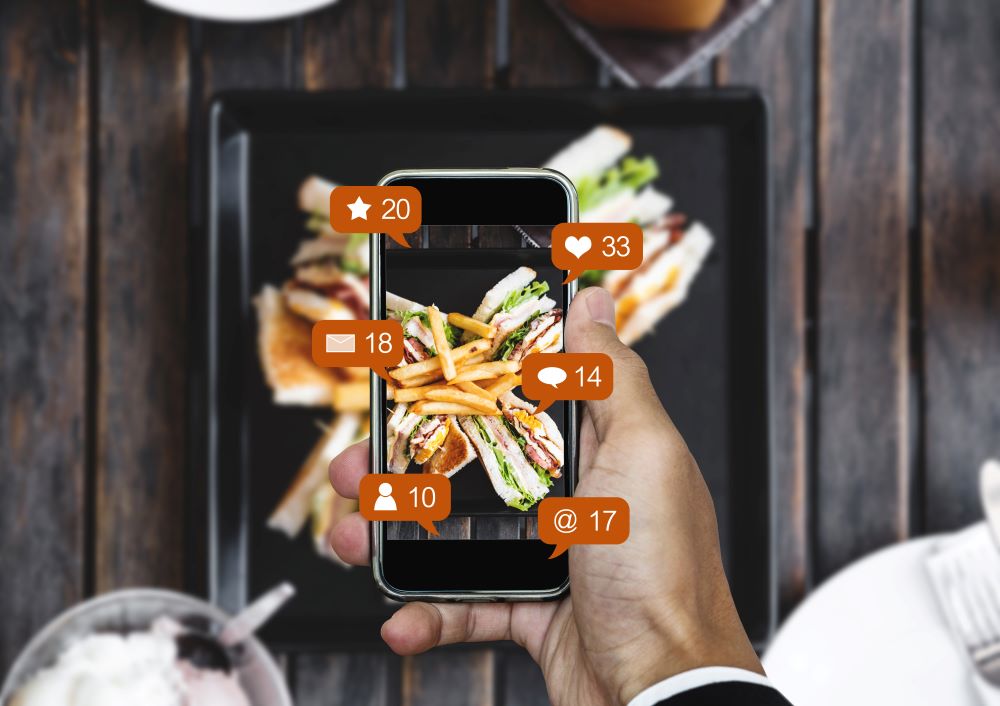


What Follower Count Is Considered a Micro-Influencer?
This blog will explore micro influencer marketing in detail, including answers to the questions, “what is a micro influencer?” and “how much does a micro influencer get
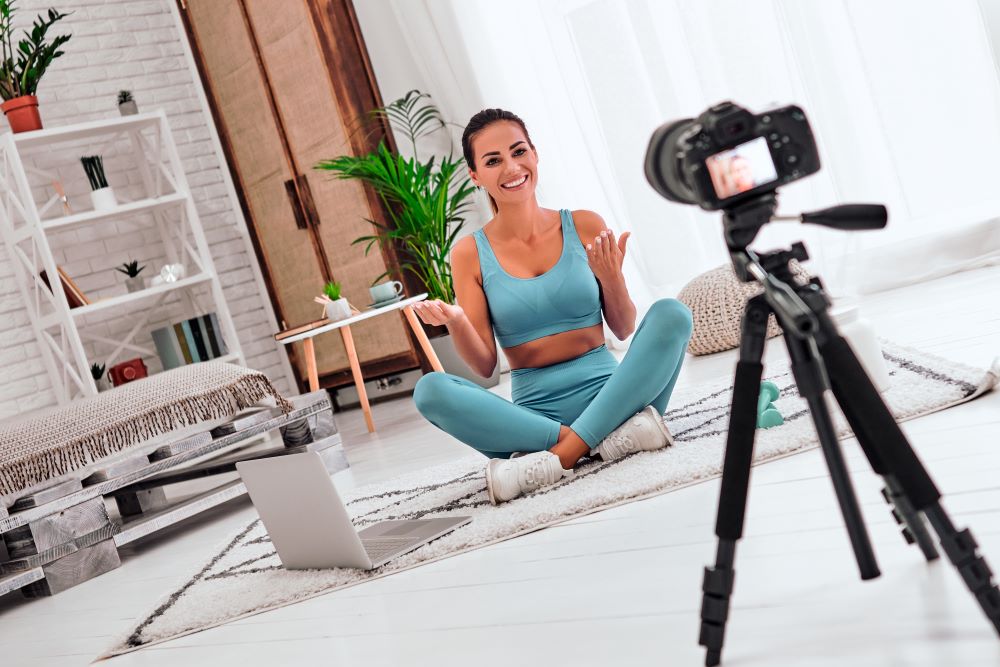


How Do You Find Micro Influencers To Work With?
Finding the right influencers for your campaign can be a challenge, especially when you want to work with micro influencers — influencers with between 1,000 and 100,000



Are Micro Influencers Better?
As micro influencers gain more attention in the influencer marketing space, some marketers are starting to wonder, are micro influencers better than other influencers? Let’s explore what



How Do I Reach Out to Micro-Influencers?
When developing an influencer marketing campaign, one of the most challenging tasks is often finding the right influencers for your brand. The influencers you choose will play



Which Brands Work With Micro-Influencers?
In this blog, we’ll round up some of our favorite examples of brands that have successfully implemented influencer marketing into their strategy, from macro- to micro-influencers. We’ll



How Much Do TikTok Influencers Get Paid For a Sponsored Post?
The price you pay for each sponsored TikTok post will have a huge effect on the overall cost of your TikTok influencer marketing campaign, so it’s important
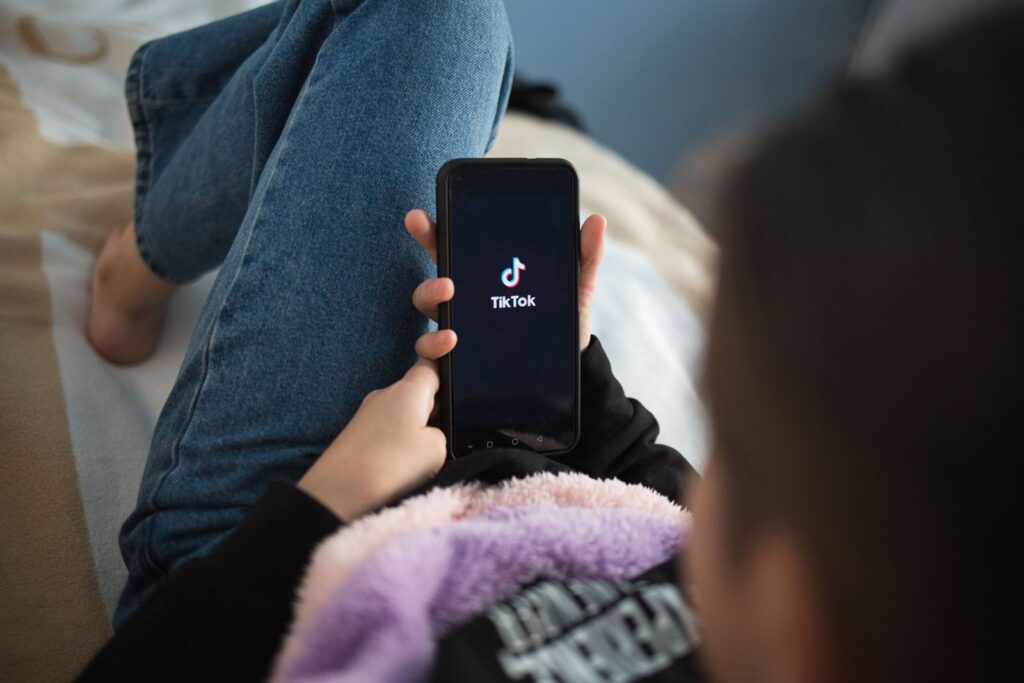


Where Can I Find TikTokers to Collab With?
Fortunately, finding TikTok influencers for your influencer marketing campaigns is easier than it sounds. Whether you’re looking for TikTok micro influencers or mega influencers, use this guide
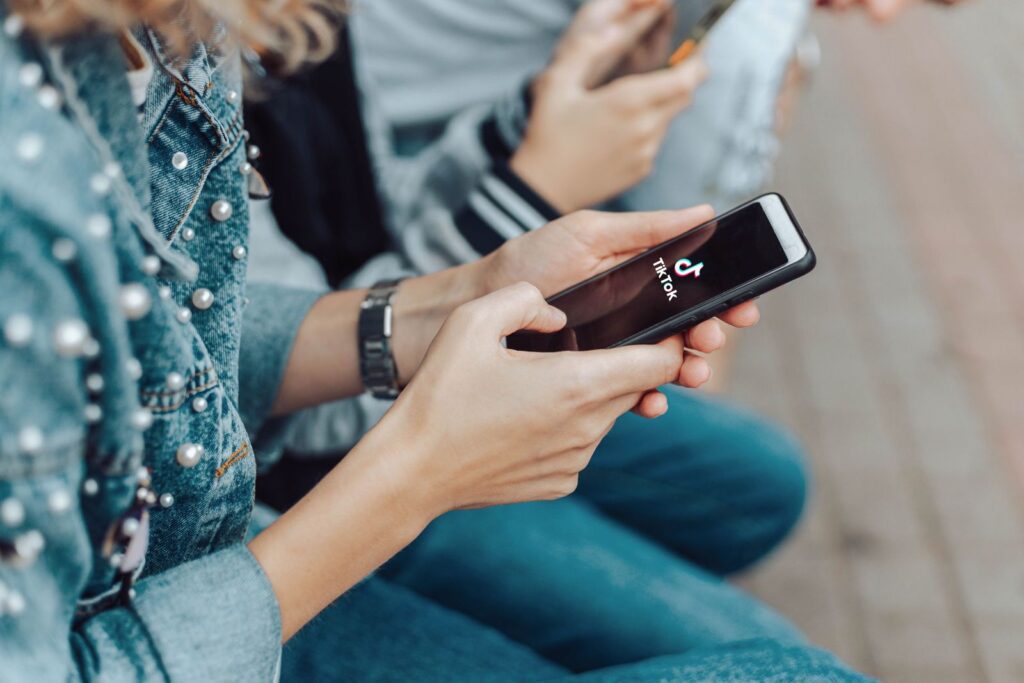


Why Is TikTok a Good Marketing Strategy?
TikTok isn’t just the home of popular new dance moves and trendy songs. It’s also a social media platform that brands can use to great effect in



How Much Does It Cost to Hire an Influencer on TikTok?
If you’re considering using TikTok influencer marketing for your business, you may be wondering how much it costs to hire an influencer on TikTok to promote your
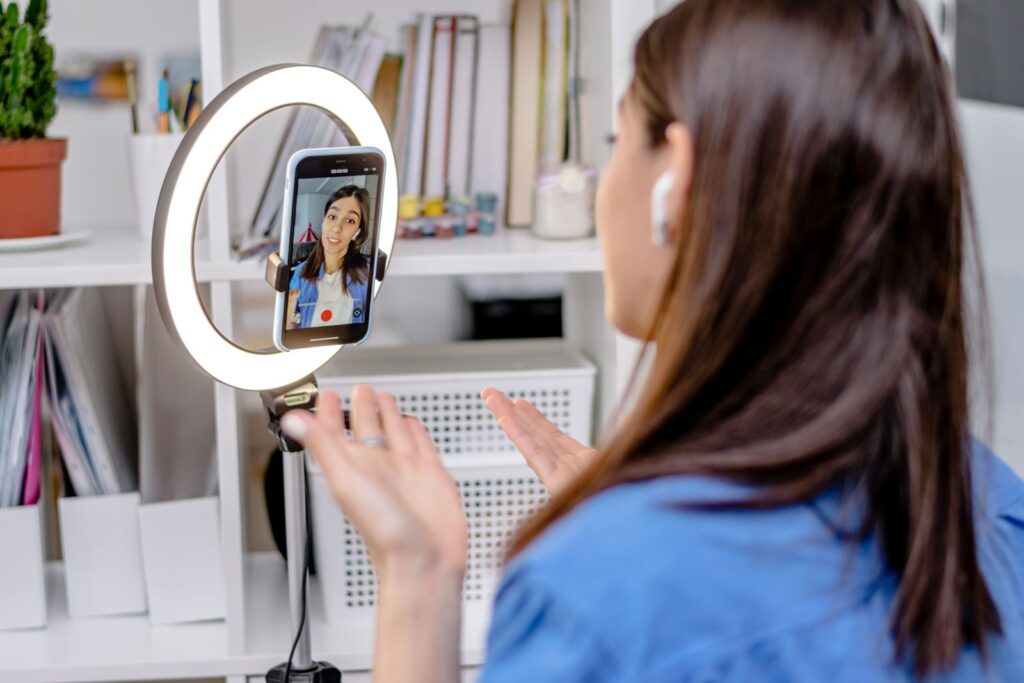


How Do You Find Influencers on TikTok?
TikTok influencer marketing is a great way to expand your brand’s reach to targeted audiences. However, finding the right influencers to work with can feel like a
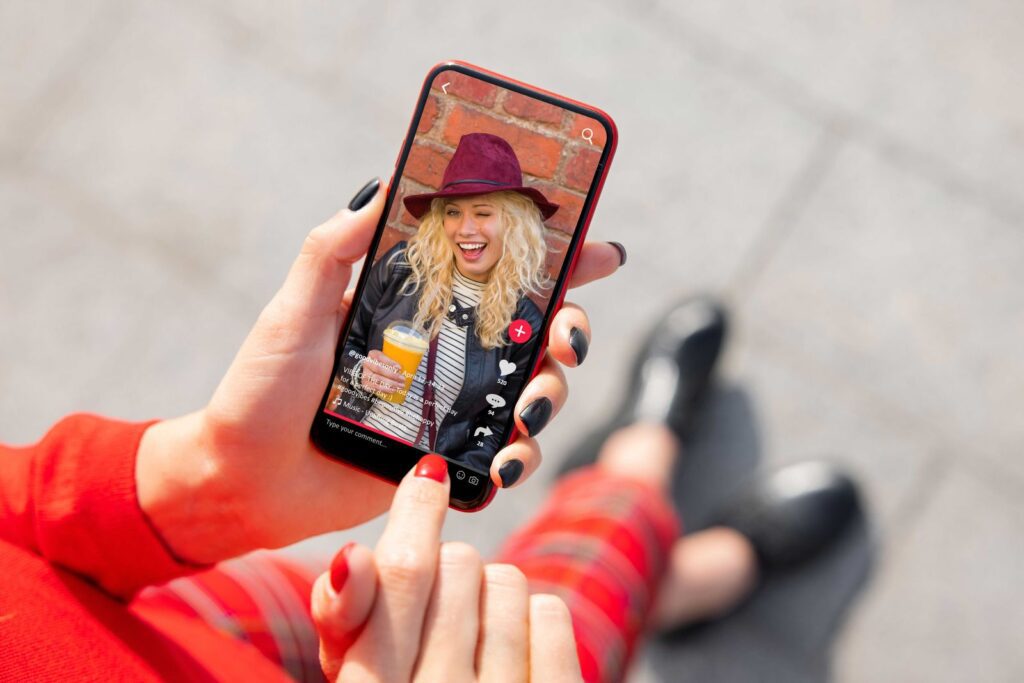


Is TikTok Good for Influencer Marketing?
If you’re wondering if TikTok is a good option for influencer marketing, this article will outline what you need to know about the benefits of using TikTok
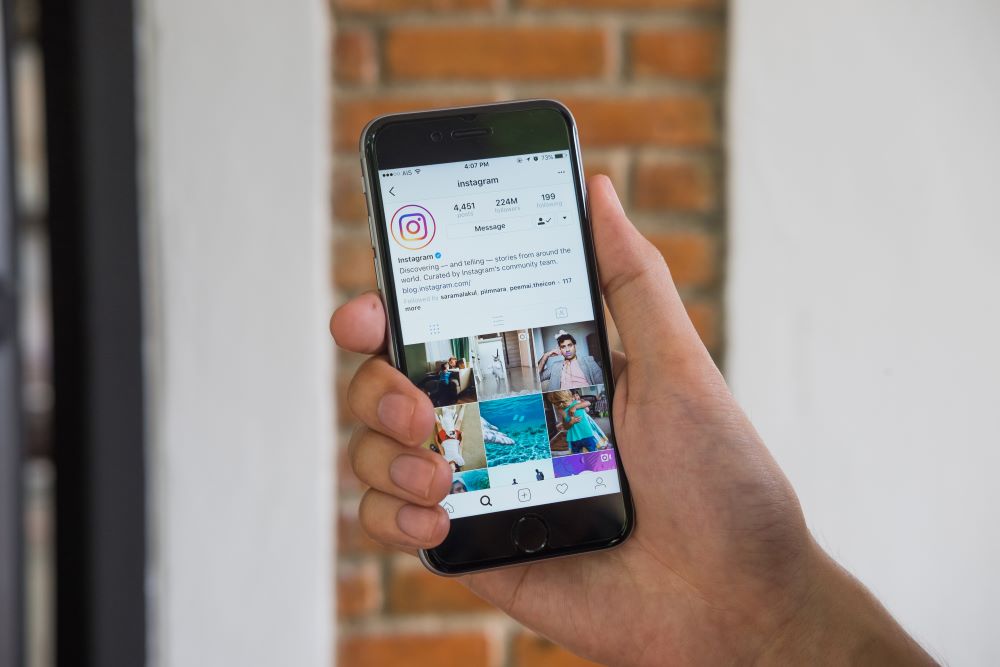


How Many Followers Do You Need to Be an Influencer?
This article will outline everything you need to know about how many followers are needed to be an influencer, the different tiers of influencers, and how different
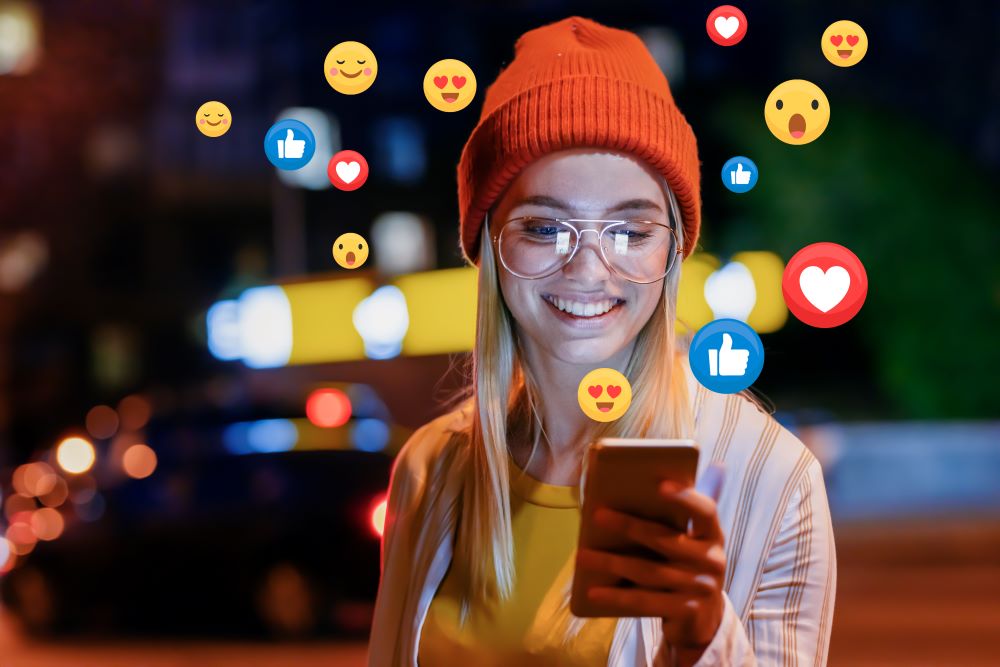


Examples of Influencers on Social Media
This article will outline examples of social media influencers, what success looks like for different types of influencers, and how influencer marketing can benefit both influencers and



What Is Social Influencer Marketing?
More companies are shifting their attention to social influencer marketing since it is an effective promotional method for brands in any industry. This article will take a



How Much Do Instagram Influencers Charge?
Having an estimate of the cost per post will help you get an idea of how much you should budget for influencer marketing. This article will outline
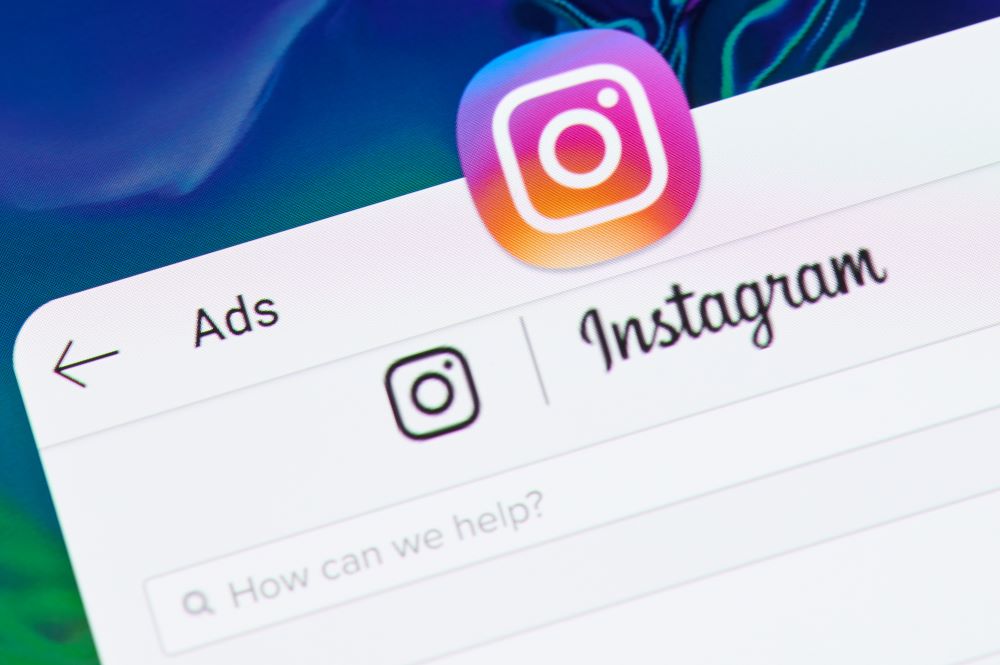


Do Influencers Use Instagram Ads?
This blog answers the question of how influencers run campaigns and if influencers use Instagram ads.
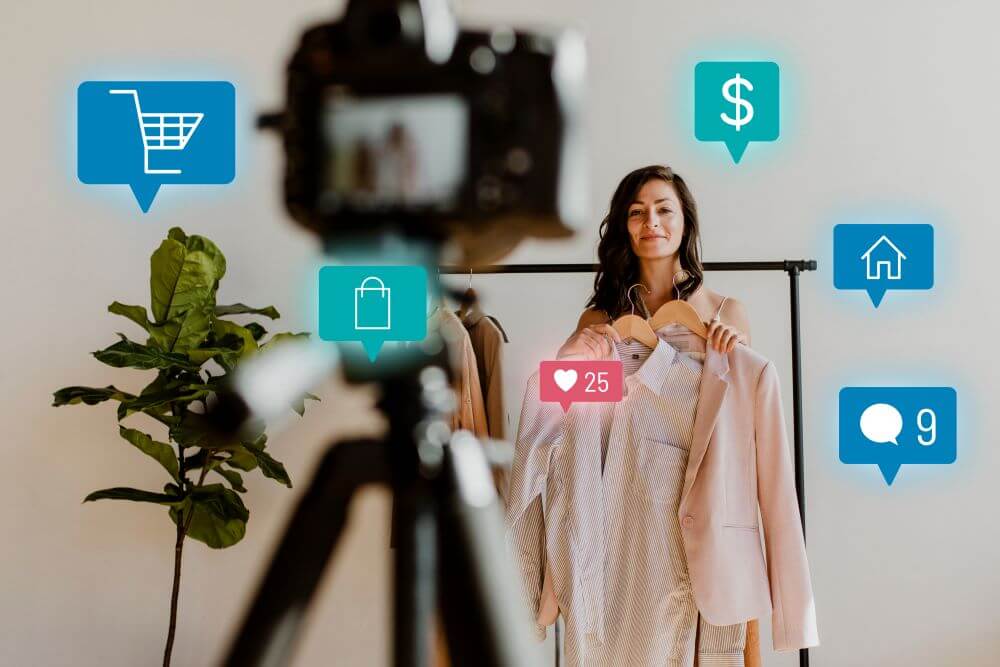


Social Media Influencer Marketing Examples
This article will cover the effectiveness of social media marketing and provide examples of companies that have successfully used social media influencer campaigns.
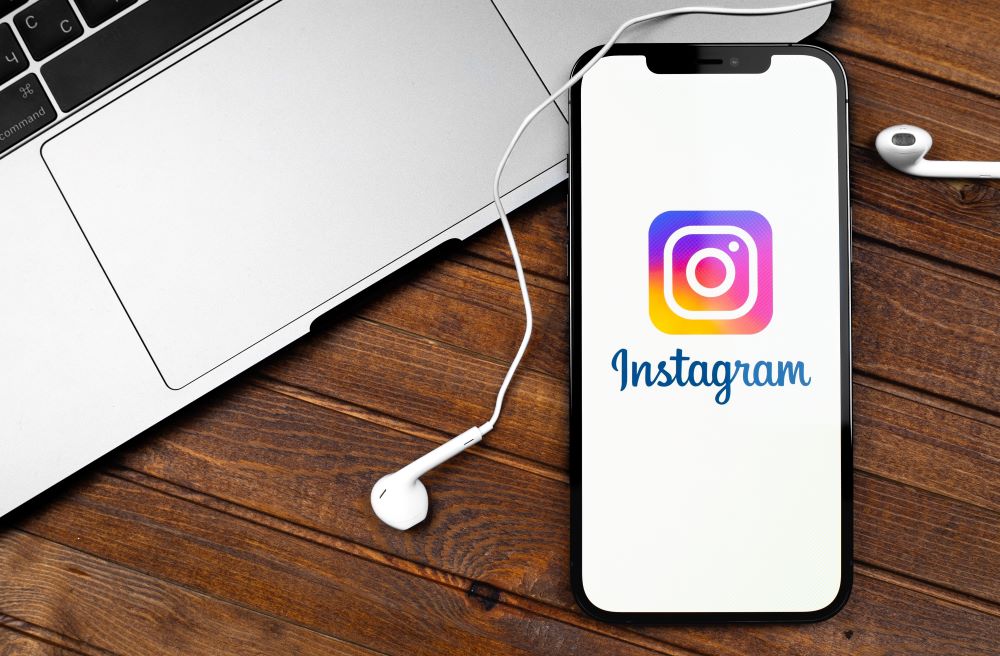


The Keys to Successful Influencer Marketing Campaign
What are influencers, how do they help inspire purchasing decisions, and what makes a successful influencer marketing campaign? Find out our answers and top tips here.
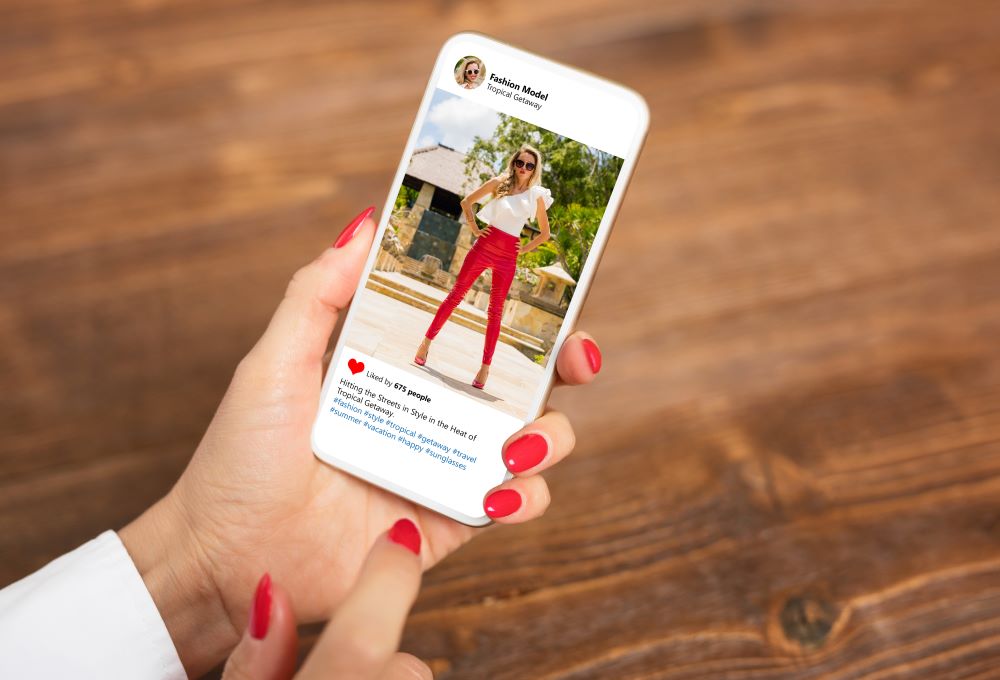


What Do Instagram Influencers Post?
Thanks to the popularity and constant innovation of social media platforms like Instagram, content creators have found a way to monetize their social following, turning their online



What Brands Are Doing Influencer Marketing Well?
We share some great examples of influencer marketing campaigns and explain how your brand can begin working with social media influencers.
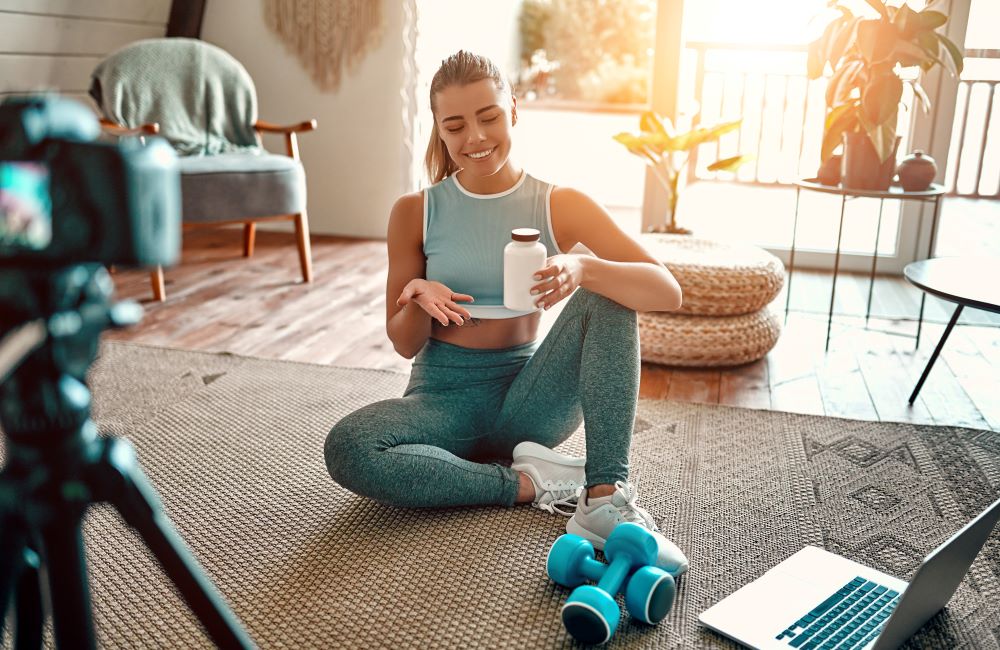


What Are Some Examples of Influencer Marketing?
Read on to learn more about the different types of social media influencers, see examples of what influencer marketing looks like, and even get some examples of
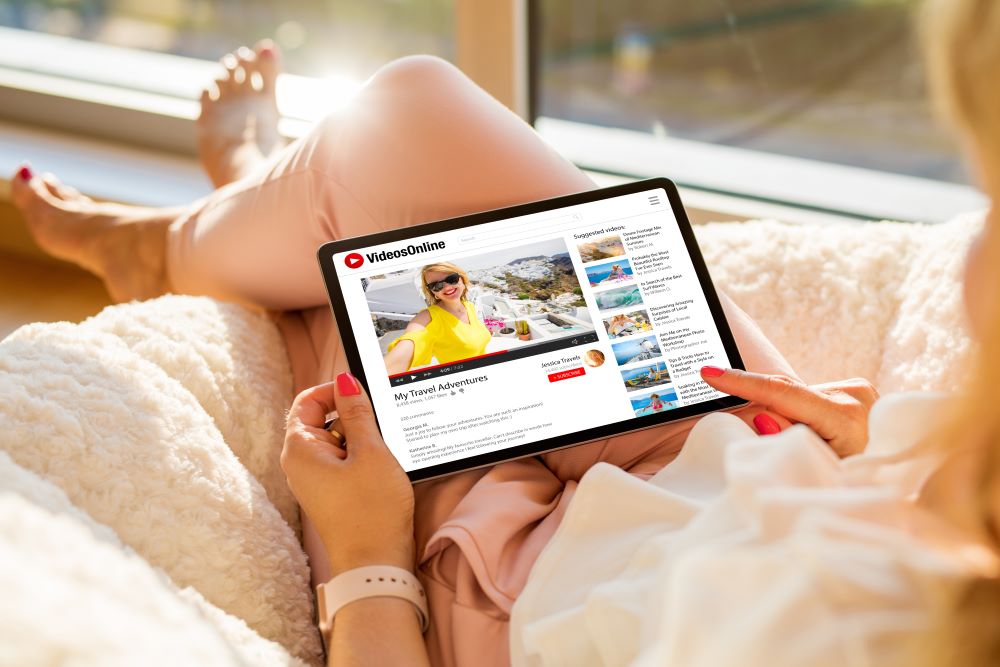


Five Influencer Marketing Examples on YouTube in 2022
The creators and types of content that perform well on the platform are ever-changing. That’s why marketing teams, especially those ready to dip their toes into influencer
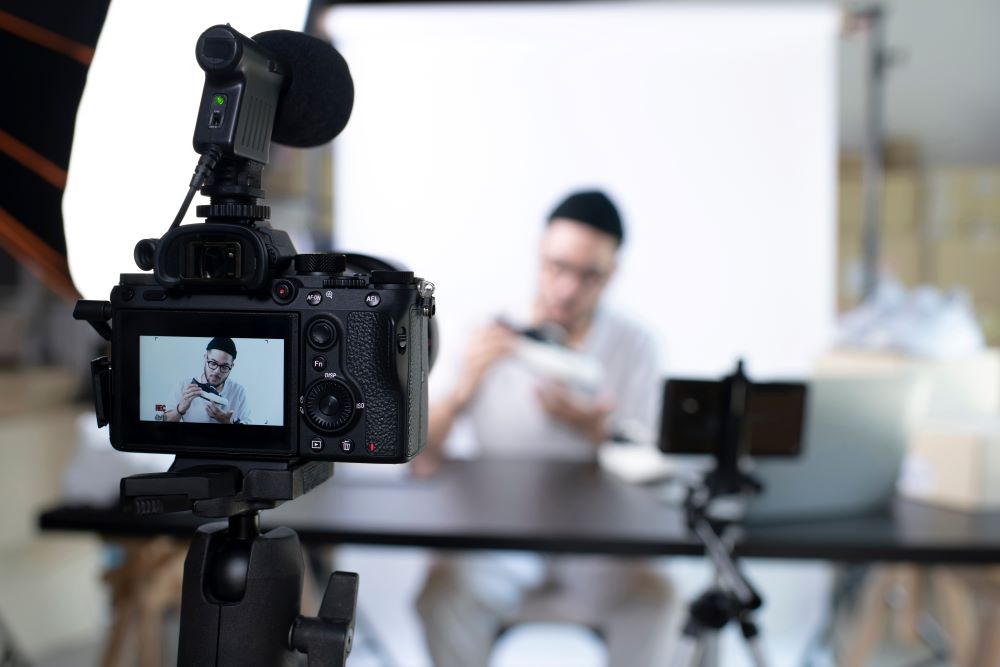


What Is An Instagram Influencer Marketing Agency?
Launching an influencer marketing campaign on Instagram can be intimidating, which is why many brands turn to an Instagram influencer marketing agency.



How Do Influencer Marketing Agencies Help Influencers?
Influencer marketing agencies are experts at running influencer marketing campaigns smoothly. They help both brands and influencers through the process of setting up and managing their influencer



Influencer Marketing Agency Pricing
In this blog, we’ll explore influencer marketing agency pricing and the services that influencer marketing agencies provide brands.



What Is an Influencer Management Agency?
Navigating this ever-growing world of influencer marketing can be complicated and overwhelming. It helps to have an experienced, knowledgeable partner on your side. That’s where an influencer



How To Find A Top Influencer Marketing Agency For Your Business
Finding the right influencer marketing agency for your business can be a bit tricky, though, which is why we put together this guide for finding a top



How Much Does It Cost to Hire an Influencer Marketing Agency?
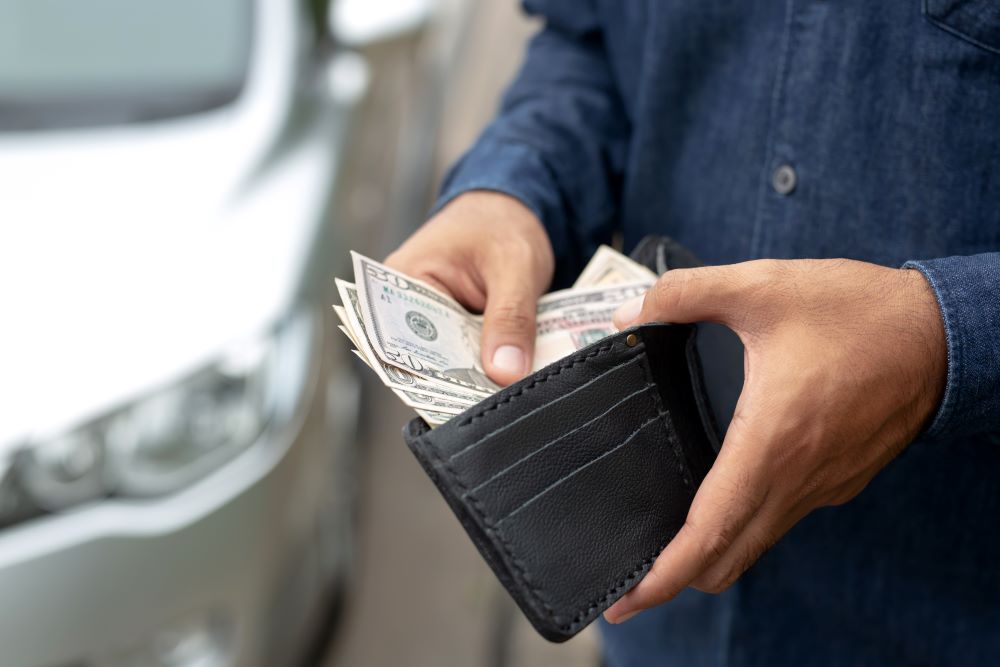


How Much Do Influencer Marketing Agencies Make?
Let’s break down some of those questions, starting with “what is an influencer marketing agency, exactly?”
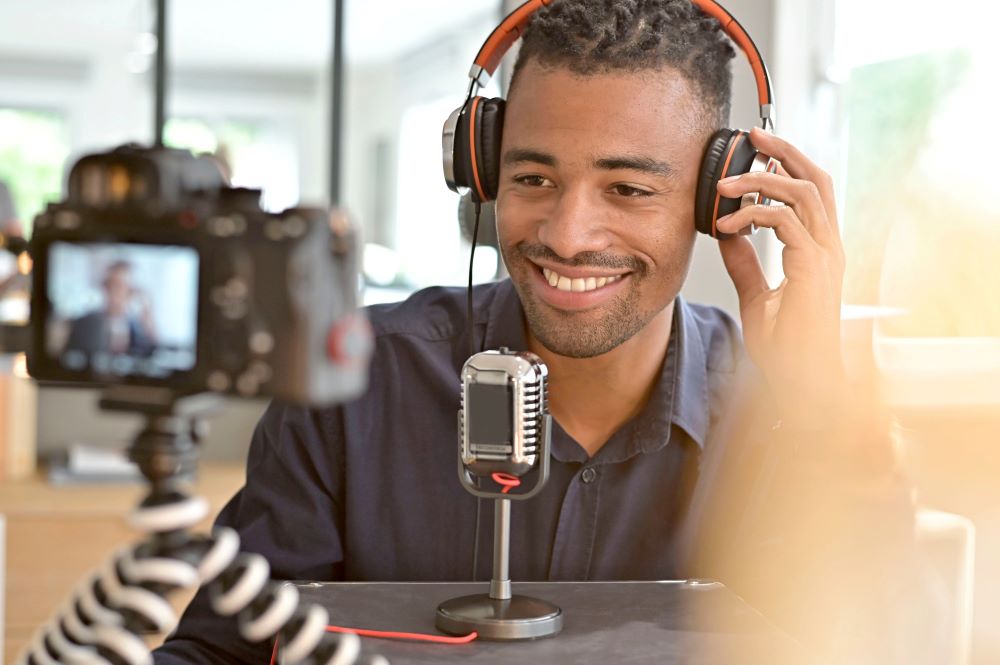


How to Use a Micro Influencer Agency
The challenge for brands that want to tap into the marketing power of micro influencers is finding and contracting the micro influencers they need for their campaigns.



How to Choose an Influencer Marketing Agency for Your Small Business
This article will outline how influencer marketing agencies can help small businesses, how much you should budget for influencer marketing, and how to choose the best agency



What Does an Influencer Marketing Specialist Do?
An influencer specialist works with social media influencers to promote client products and services and creates effective campaigns to reach target audiences.



Social Media Influencer Marketing Statistics
This article will cover statistics showing the effectiveness of influencer marketing, how it impacts consumer behavior, and will provide you with strategies to boost the ROI of



How Profitable Is Influencer Marketing?
This article will explain how profitable influencer marketing is, why it’s an effective marketing strategy, and how much influencers make.



Is Influencer Marketing on the Decline?
This article will tell you if influencer marketing is declining, how effective influencer marketing is, and what to expect in the future for influencer marketing.



Influencer Marketing Statistics for 2023
Statistics show why influencer marketing is an excellent strategy for marketing products and services on social media.



Five Benefits of Influencer Marketing in 2024
If you’re ready to take your brand to the next level in 2023, read on to learn more about the benefits of influencer marketing and where the
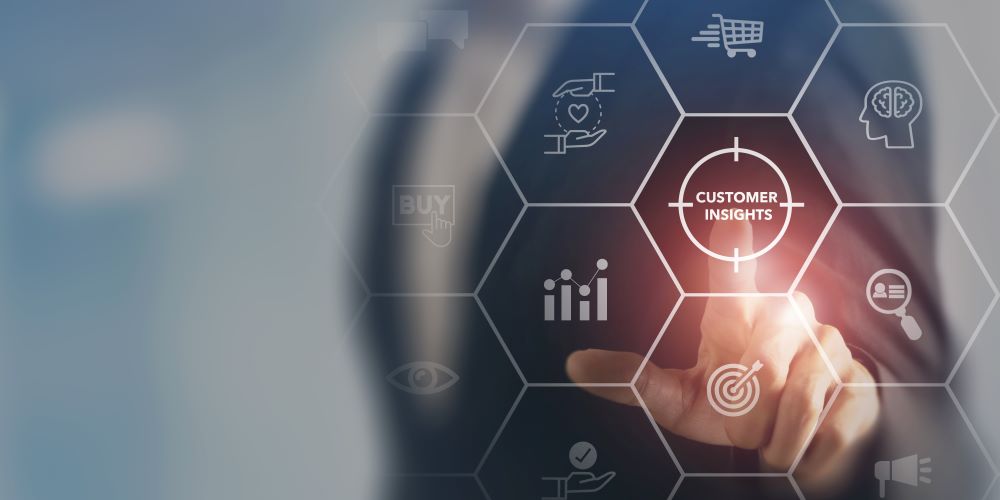


What Is the Impact of Influencer Marketing on Consumer Behavior?
Many different types of marketing can accomplish this goal, but one worth taking a close look at is influencer marketing. In this post, we’ll explore the impact



What is influencer marketing and why is it so important to marketers?
In today’s marketing landscape, reviews and word-of-mouth recommendations are paramount, with 84% of customers noting that reviews are important in their purchasing decisions. It’s no wonder, then,
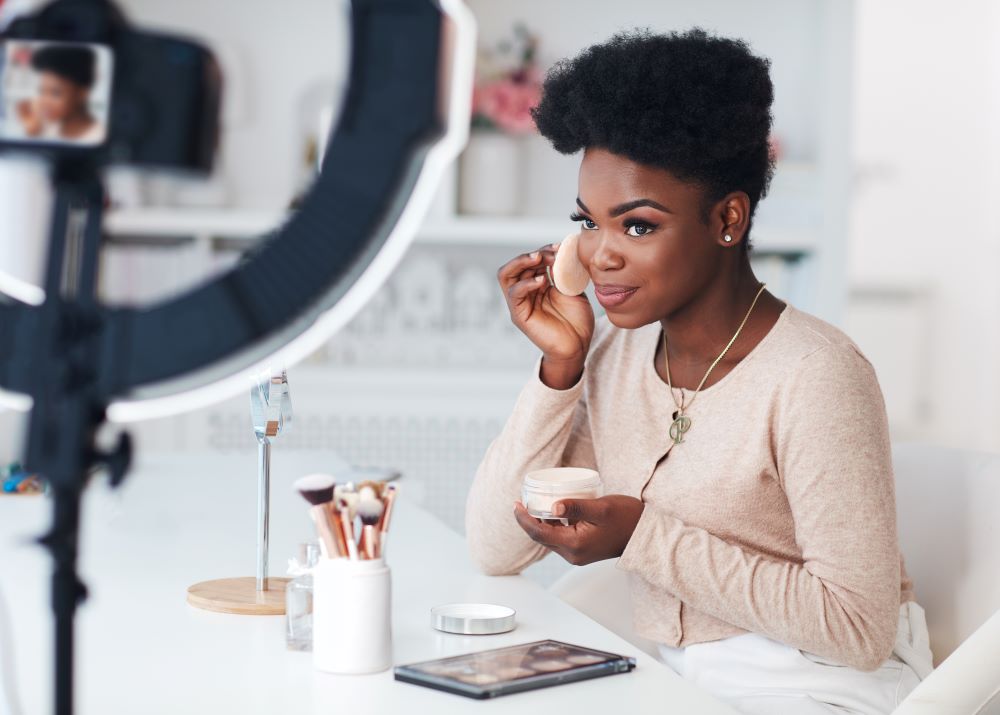


What Are the Top 5 Tips for Implementing Influencer Marketing?
If you run a business with an online presence, you may be wondering what is the best way to use influencer marketing. Taking a closer look at



What Is a Social Media Influencer Strategy?
Influencer marketing is no longer an emerging trend, but rather a sound strategy that plays a huge role in many teams’ marketing toolkit.



Are Influencers the Future of Marketing?
Between 2016 and 2022, the market size of the influencer marketing industry grew 46.9% annually on average. That growth just goes to show how much marketers are



Which Influencer Marketing Platform Is Best?
Working with an influencer marketing platform can simplify things, but even then, you still need to decide what platform is best for your brand.



Micro Influencers On Instagram in 2023
A major prediction about influencer marketing trends in 2023 is that more and more brands will turn to micro influencers.



What Is The Future of Influencer Marketing?
The power of influencer marketing for brands cannot be underestimated. In fact, influencer marketing’s market value is at a record USD 16.4 billion in 2022. This number



How to Brainstorm Influencer Content Ideas
There’s no one-size-fits-all answer for coming up with great influencer content ideas, but there are some tips you can apply to make brainstorming those ideas easier. Let’s



Successful Influencer Marketing Examples
If you’re exploring an influencer marketing strategy, this article will give you a rundown of top brands that have used influencer marketing successfully and how Lionize can



What Is Influencer Marketing?
Influencer marketing gets more popular every year, but there are still a lot of questions about this form of marketing. Today, we’re breaking down the basics of



How Successful Is Influencer Marketing?
Influencer marketing burst onto the scene as one of the most exciting forms of digital marketing, and it isn’t going anywhere anytime soon. The global influencer marketing
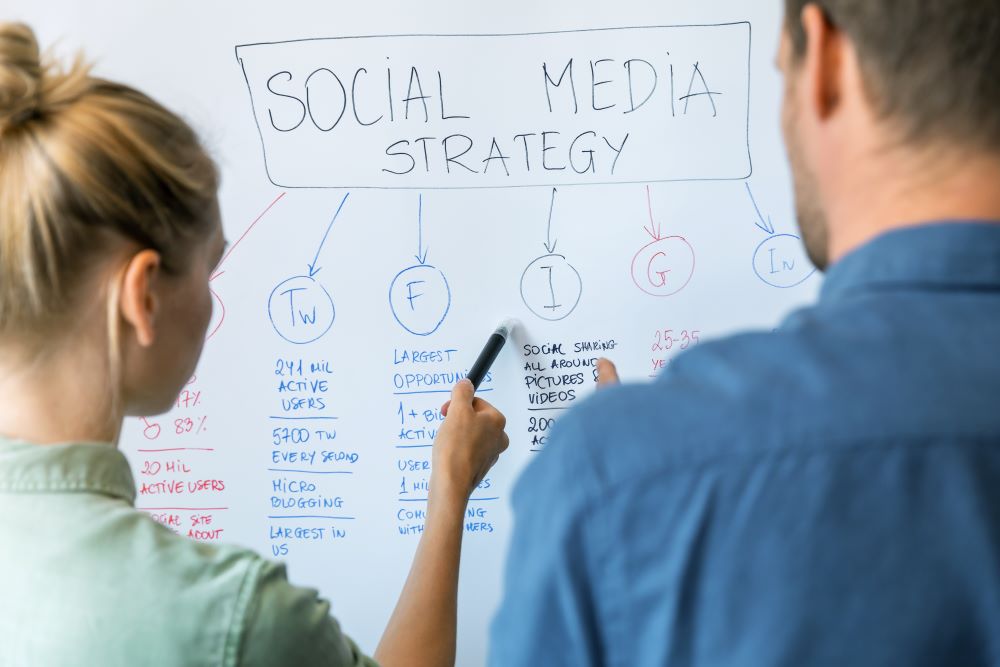


Is Influencer Marketing Still Effective in 2024?
Influencer marketing has seen significant growth in recent years due to its effectiveness. However, you may be wondering why it is effective and what its benefits are
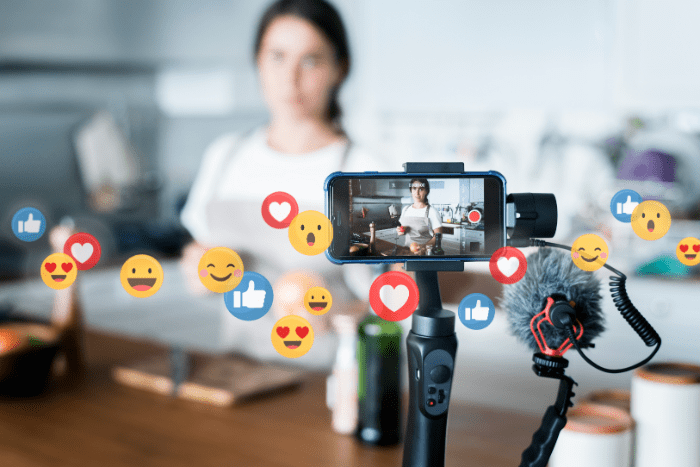


Influencer Marketing and Brands
Collaborating with influencers provides a unique way to promote products that will help your brand stand out from the competition. This article will cover how brands work
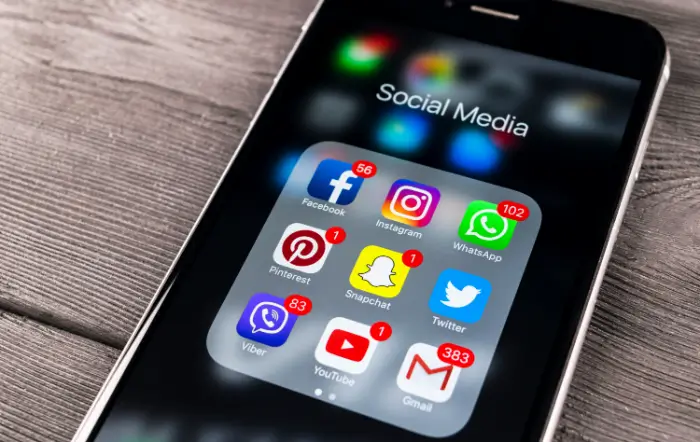


The State of Influencer Marketing in 2023
Influencer marketing continues to be a top marketing tactic in 2023. More marketers and brands are taking advantage of the opportunities presented in the influencer space. This
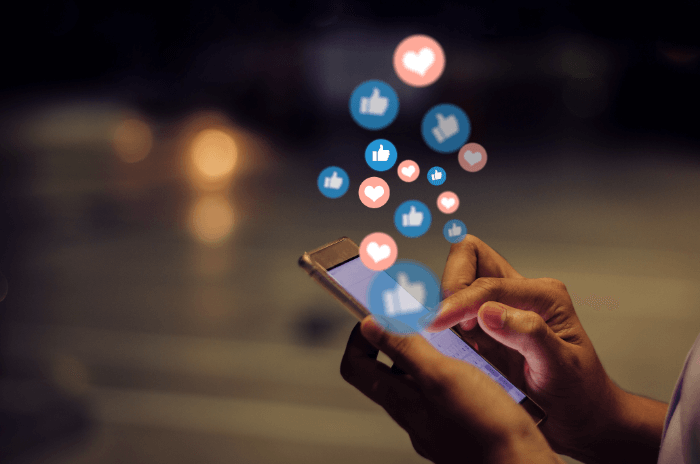


Is Influencer Marketing Effective in 2023?
If you are in the social media or digital marketing space, you’ve likely heard of influencer marketing and its usefulness as part of a marketing campaign. However,
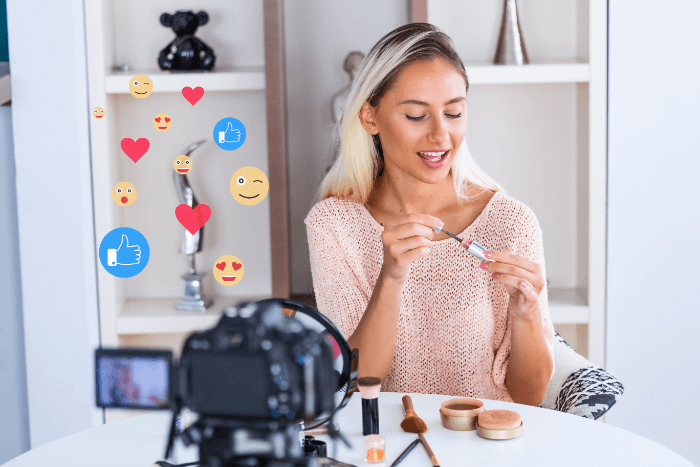


What Are Some Good Examples of Influencer Marketing?
Influencer marketing is an engaging way for brands to connect with different audiences within their niche or industry. It can increase consumer awareness, trust, and engagement. Influencers



Ways To Turn your Influencers Into Brand Advocates
Converting your influencer to a brand advocate is the next step in influencer marketing. Brand advocates transform a campaign into something personal.
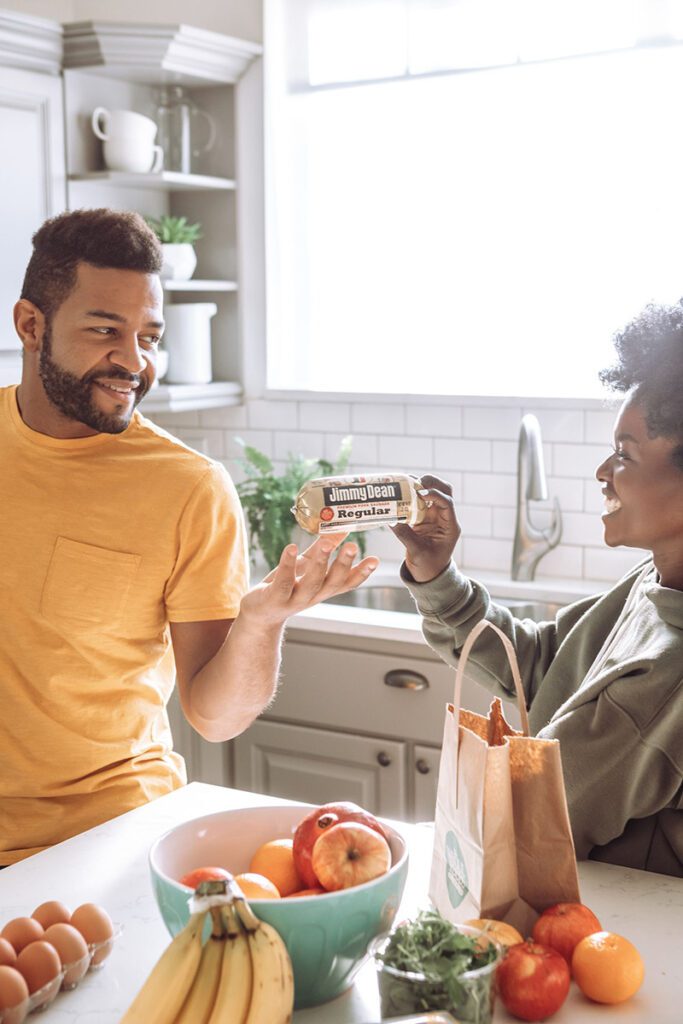


Ultimate Guide to Design Authentic Influencer Content
Influencer marketing is more than just finding Influencers. Learn how to properly market your product on social media through authentic content creators.



How to Develop a Community With Your Influencer Partners
Building your influencer community is an important part of marketing on social media. A good community will lead to better, more authentic content.



Determining the Right Influencer Audience
Analyzing what the influencer's audience can offer you key insights that will make you decide on if they're the right fit for your partnership.
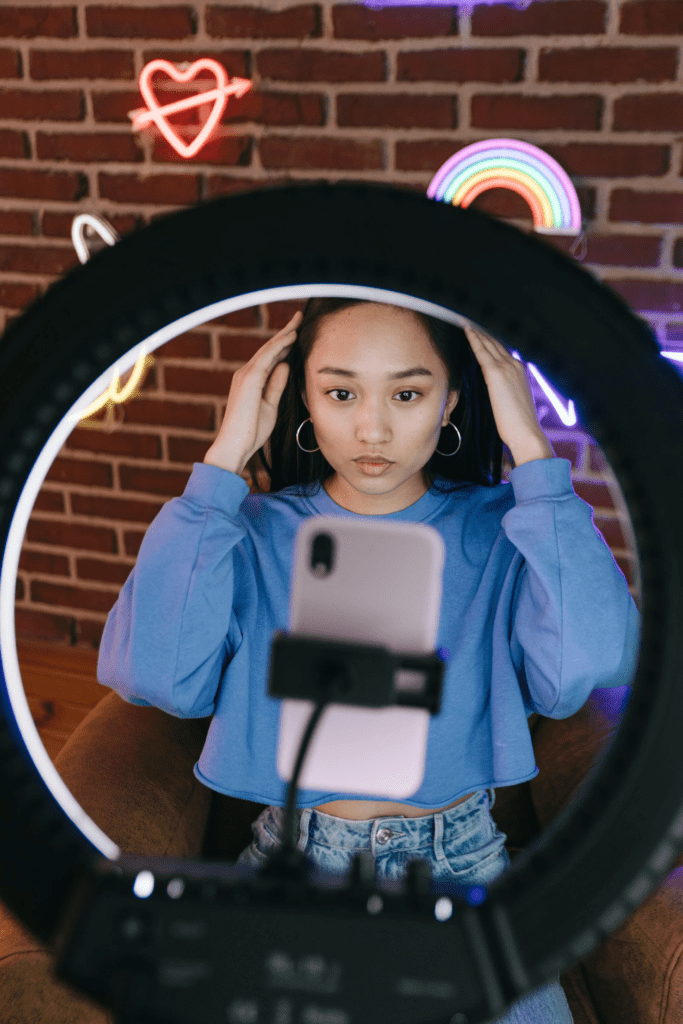


Influencer Marketing is a Must
Influencer marketing is a fantastic way for your brand to become quickly known as not only do you get an endorsement from the influencer but you also
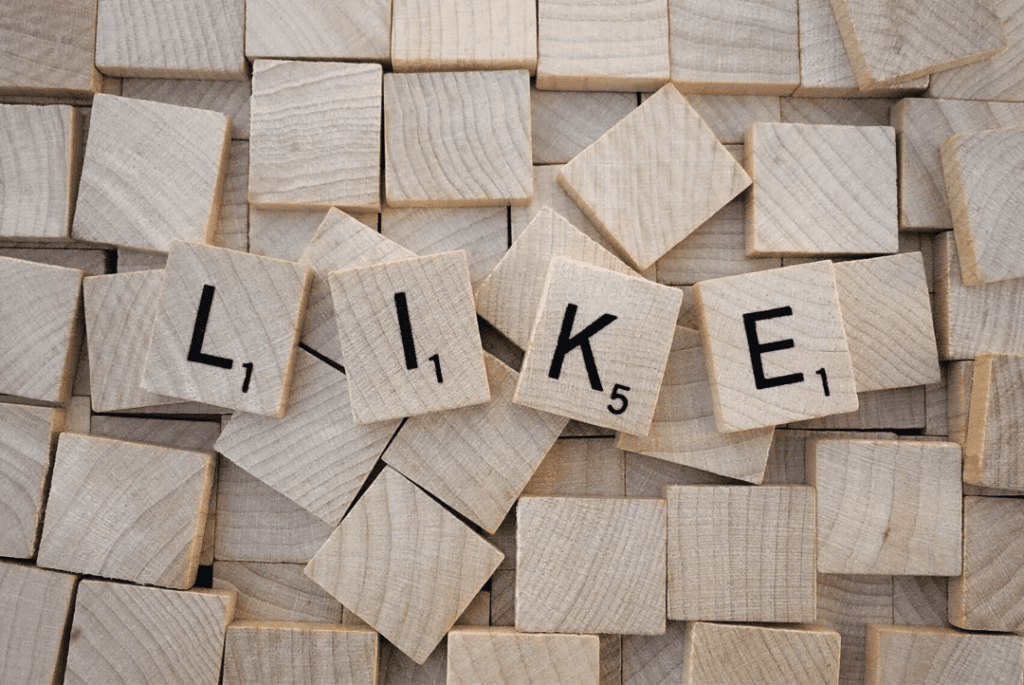


The Influencer Activation Dictionary
Meet the Influencer Marketing Dictionary; your new secret weapon for commonly used influencer marketing terms.
For Brands
We’ll help you find the perfect partners for your brand. Let our network of limitless Influencers build brand awareness and drive your digital traffic goals.
Book a demoFor Agencies
Finally, a platform that removes the heavy lifting of Influencer campaign management. Free your time to focus on your client’s creative strategy.
Book a demo